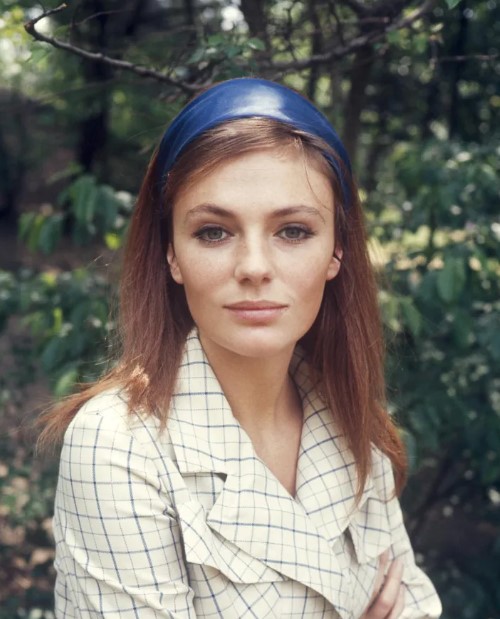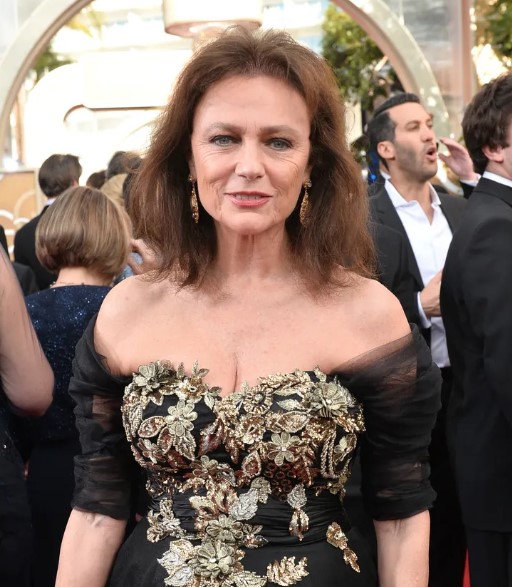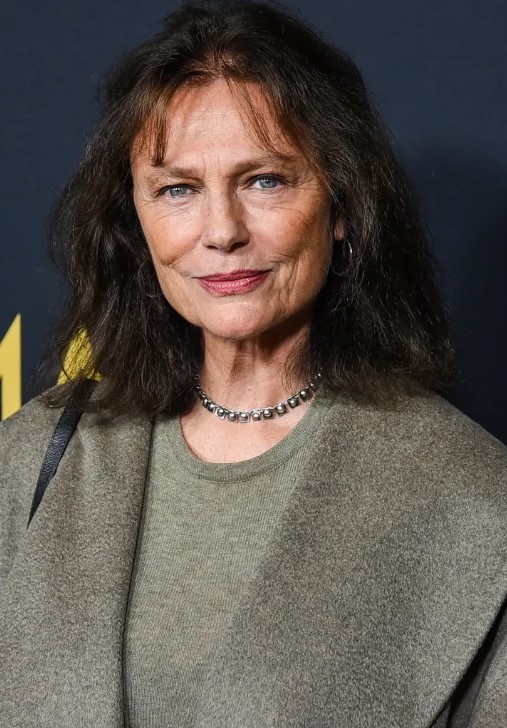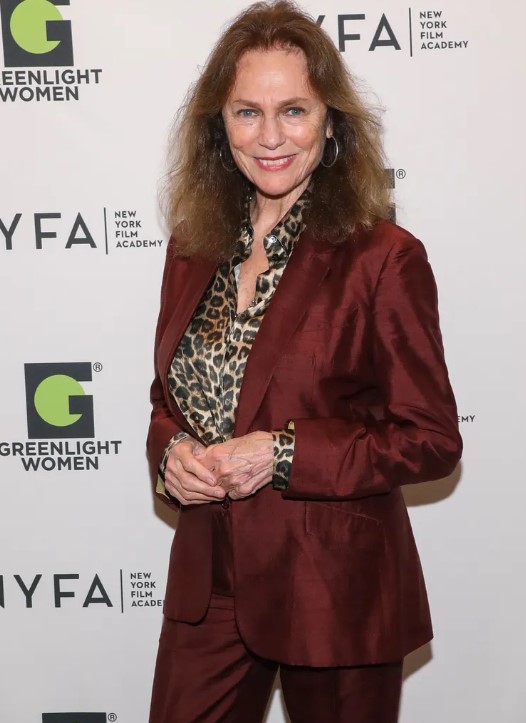Jacqueline Bisset, the epitome of elegance and resilience, first captured the hearts of audiences in the late 1960s with her mesmerizing screen presence, intelligent performances, and unforgettable beauty. Born in England and trained in ballet and languages, Bisset brought a unique poise and sophistication to every role she took on. It wasn’t long before Hollywood took notice.
Her breakthrough performance in The Sweet Ride (1968) earned her a Golden Globe nomination and introduced her to international fame. From there, her career skyrocketed. With her compelling mix of classic beauty and emotional authenticity, she became a fixture in some of the most notable films of the era. She starred opposite cinematic giants such as Steve McQueen in Bullitt, Paul Newman in The Life and Times of Judge Roy Bean, and appeared in hits like Day for Night, Murder on the Orient Express, and The Deep.
In fact, her underwater scenes in The Deep (1977) became iconic in pop culture, and her global fame was sealed. That same year, Newsweek named her “the most beautiful film actress of all time”, an accolade that has followed her ever since. But unlike many who might let such titles define them, Bisset has always grounded her self-worth in more than her appearance.

More Than Just a Pretty Face
While the industry lauded her beauty, Bisset’s real strength lay in her ability to portray nuanced, deeply human characters. Whether playing a conflicted lover, a tormented artist, or a determined professional woman, she always brought emotional truth to her performances. Fluent in multiple languages and unafraid to take on challenging roles in foreign films, she earned critical acclaim across the globe, not just in Hollywood.
Her performances in European cinema, especially under directors like François Truffaut, proved that she wasn’t simply a starlet—she was a true actress with serious range. In later years, she would go on to win a Golden Globe in 2014 for her role in Dancing on the Edge, further cementing her reputation as a formidable talent even decades into her career.

Navigating Fame and Beauty Standards
Yet behind the glamor, Jacqueline Bisset has always been remarkably candid about the challenges she’s faced in an industry obsessed with youth and appearance. In interviews, she has spoken honestly about the unrealistic beauty standards, the constant scrutiny, and the pressure actresses face to stay forever young.
Unlike many of her contemporaries, however, Bisset made a conscious decision not to undergo plastic surgery or major cosmetic alterations. She has embraced the natural aging process with dignity and grace, becoming an advocate for self-acceptance and inner beauty. “Aging is a natural part of life,” she has said. “It’s not something to fear. It’s something to live.”
Her decision to age naturally in an industry often resistant to older women has made her a role model for women across generations. Her stance challenges the often superficial definitions of beauty perpetuated by Hollywood and instead promotes a more holistic, empowering view—one that prioritizes character, wisdom, and authenticity.

A Life Rich with Wisdom and Depth
Away from the screen, Jacqueline Bisset has led a thoughtful and somewhat private life. Though never married, she has had several long-term relationships and has spoken about her belief in love, independence, and emotional freedom. Her personal philosophy, much like her career, has been defined by self-awareness and inner strength.
Bisset is also known for her generosity of spirit, often mentoring younger actresses and speaking out about the importance of artistic integrity. She has supported various causes over the years and has used her platform not for attention, but to uplift and advocate.

An Enduring Legacy
In a world obsessed with reinvention and quick fame, Jacqueline Bisset’s longevity and continued relevance are nothing short of remarkable. She has managed to stay true to herself, navigating fame without losing her identity—a feat few in Hollywood can claim. Her refusal to conform, her embrace of aging, and her enduring commitment to her craft make her not just a star, but a beacon of inspiration.
Even today, in her 70s, Bisset continues to act in select roles, often in European or independent productions where she can explore meaningful characters. She remains a sought-after presence at film festivals and industry panels, where she speaks with intelligence, humor, and humility.

Conclusion: Beauty Beyond Time
Jacqueline Bisset is much more than a classic Hollywood beauty—she is a symbol of resilience, authenticity, and wisdom. Her contributions to cinema have spanned genres, generations, and cultures, and her personal journey stands as a testament to the power of embracing oneself at every stage of life.
For anyone who has ever doubted the strength of a woman aging on her own terms in the public eye, Jacqueline Bisset is the answer. And as long as cinema exists, so will the quiet, glowing legacy of one of its most dignified and enduring stars.
